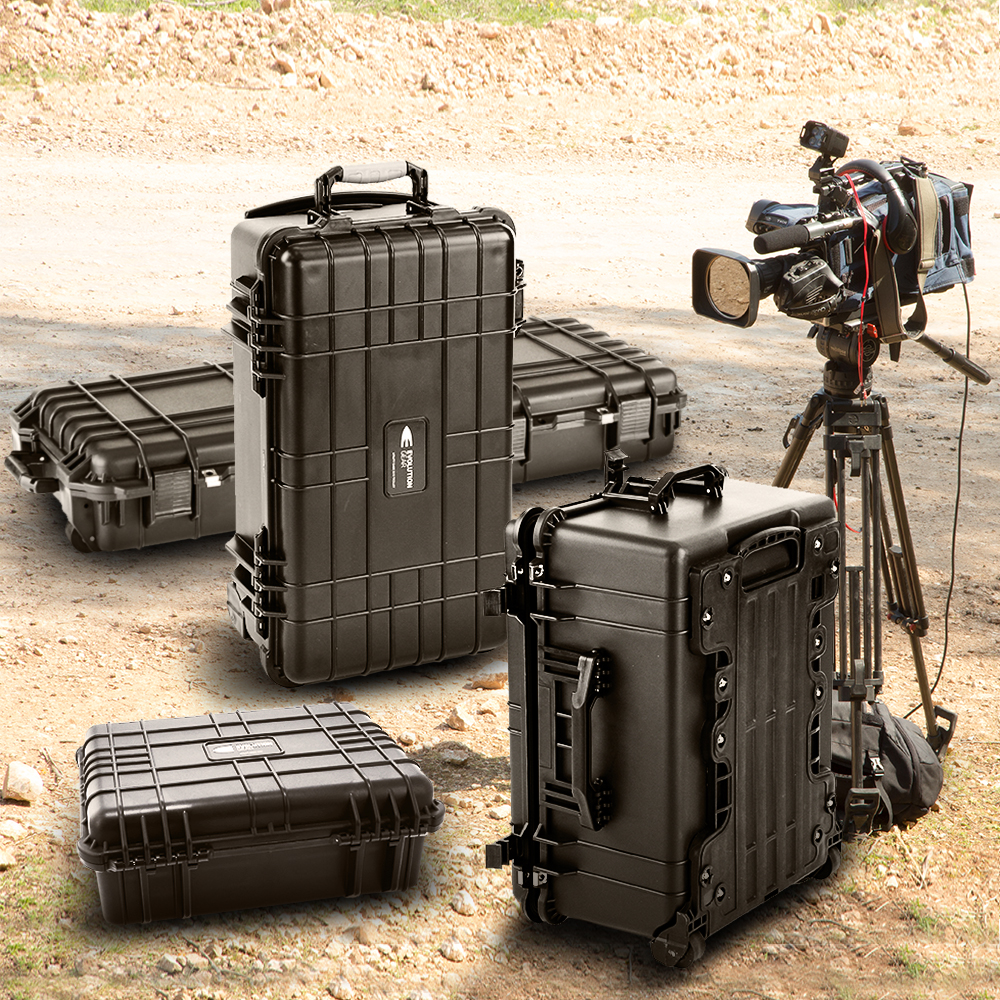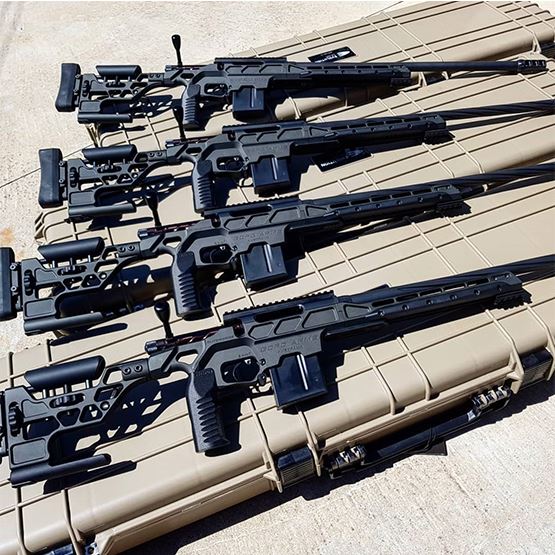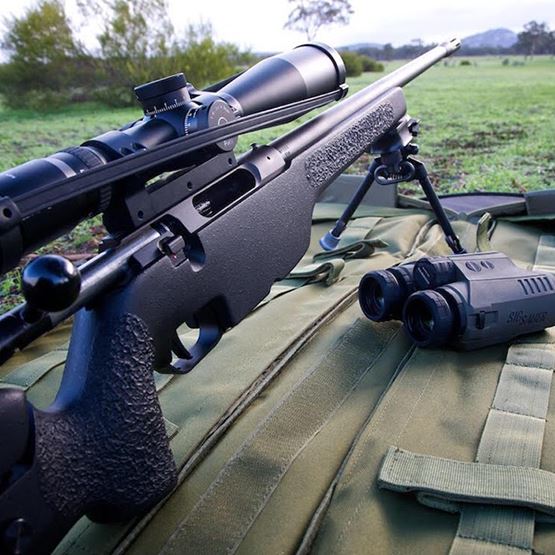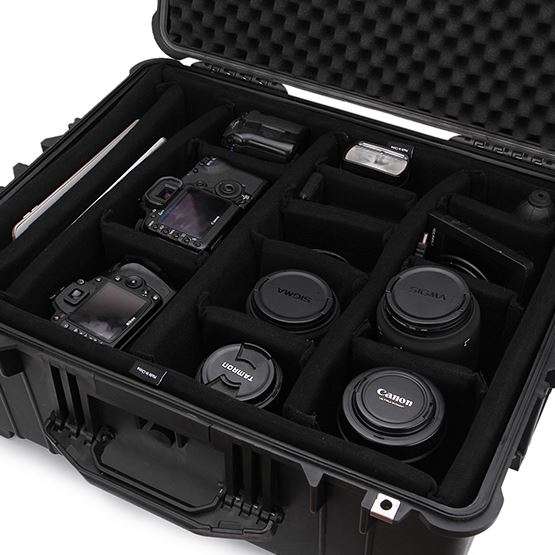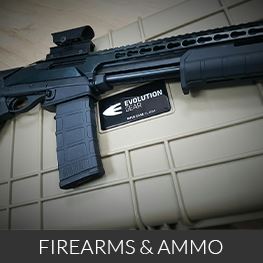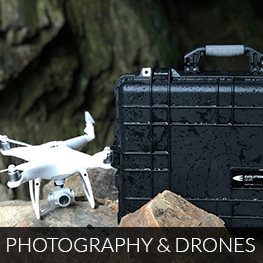When is a soft case better than a hard case?
Author: Evolution Gear Date Posted: 27 August 2025

Soft cases shine for quick trips, simple storage and lightweight carry. Hard cases still rule for flights, rough transport and maximum security. Use this guide to decide which suits your day to day use in Australia.
Need help choosing the right case for your setup? Contact us or browse our Hard Cases.
Soft vs hard - what is the real difference
Hard cases
Built for ultimate protection with crush-resistant shells, gasketed lids and lockable latches. Best for airline compliance, long-distance transport and long-term storage.
Soft cases
Designed for convenience. Lighter, slimmer and easier to carry. Protect against scratches, dust and minor bumps while keeping access fast and simple.
Bottom line: neither is universally better. Choose based on how you store, travel and shoot.
The pros of soft bags for everyday use
- Lightweight and easy to carry: shoulder straps and slim profiles reduce fatigue.
- Quick access: unzip and go. No heavy lids or multiple latches.
- Flexible fit: less fussy about exact dimensions or custom foam.
- Cost effective: solid protection for casual users at a lower price.
Travel restrictions and transport rules
- Air travel: Airlines require hard, lockable cases. A soft case will not meet check-in rules.
- Car travel: A soft case is generally fine for short trips. Always secure the firearm and follow local laws.
- Legal compliance: rules vary by state. Confirm current requirements before you travel.
Storage options at home
- Space saving: soft bags slide into safes, cupboards and under bed spaces.
- Multiple firearms: easier to stack or line up several soft cases without heavy shelving.
- Hard cases for security: choose lockable hard shells for maximum security or long-term storage.
Quick access and portability
For range days and short outings, convenience matters. Soft cases offer fast access, lighter carry and less bulk through doorways and car boots. Many shooters prefer soft bags for weekly use and keep a hard case for flights or rough trips.
When a hard case still wins
- Airline travel: non-negotiable. Use a hard, lockable case.
- Rough transport: utes, trailers and harsh weather call for rigid shells and sealing.
- Maximum security: lockable latches, tamper-resistant hinges and gasket seals protect gear and meet stricter storage needs.
Soft vs hard at a glance
| Feature | Soft case | Hard case |
|---|---|---|
| Protection level | Scratches, dust and light bumps | Impact, crush, dust and water sealing |
| Weight and size | Light and slim for easy carry | Heavier and bulkier |
| Access speed | Very fast - unzip | Slower - latches and locks |
| Airline compliance | Not compliant | Compliant when lockable |
| Best use | Local range trips and short storage | Flights, long-distance or rough transport |
| Cost | Lower | Higher |
Tip: Many owners use both - a soft case for weekly range runs and a hard case for flights and heavy-duty travel. If unsure, contact us for tailored advice.
FAQs
Can I fly with a soft gun case
No. Airlines require a hard, lockable case for firearms.
Are soft cases secure enough for home storage?
They are fine for casual storage. Choose a hard case or safe for higher security requirements.
Do soft bags fit multiple firearms
Some do, depending on length and internal layout. Always check specifications.
How long will a soft case last
Quality soft bags can last years with normal use, but they will not handle the abuse a hard case can take.
Should I own both a soft and a hard case?
Yes, if you travel by air or need maximum protection. Use a soft case for everyday trips and a hard case for flights and rough transport.

 1300 11 00 96
1300 11 00 96
